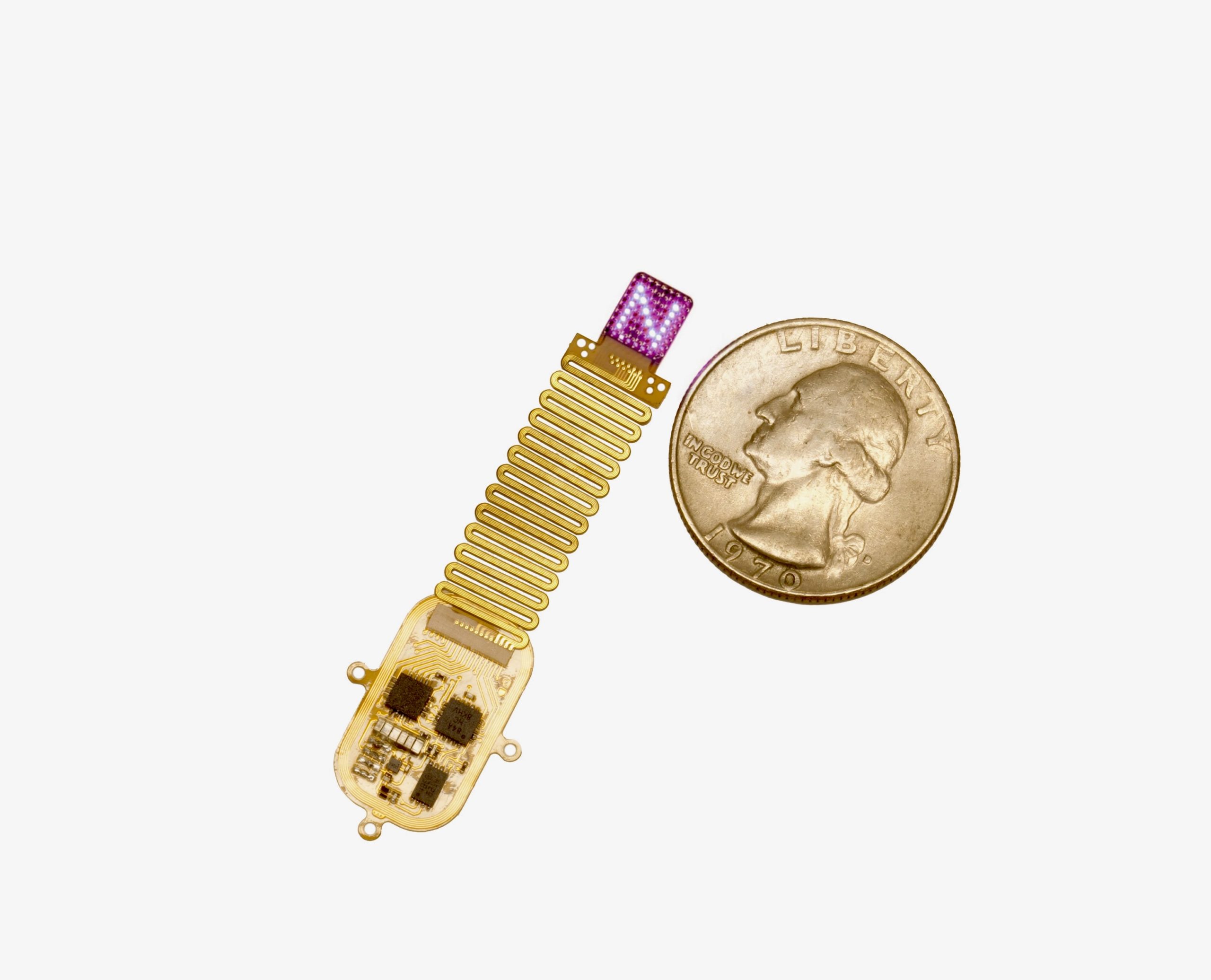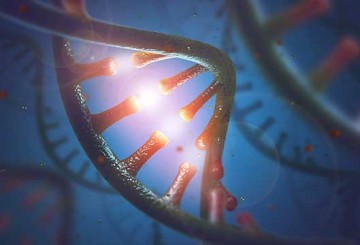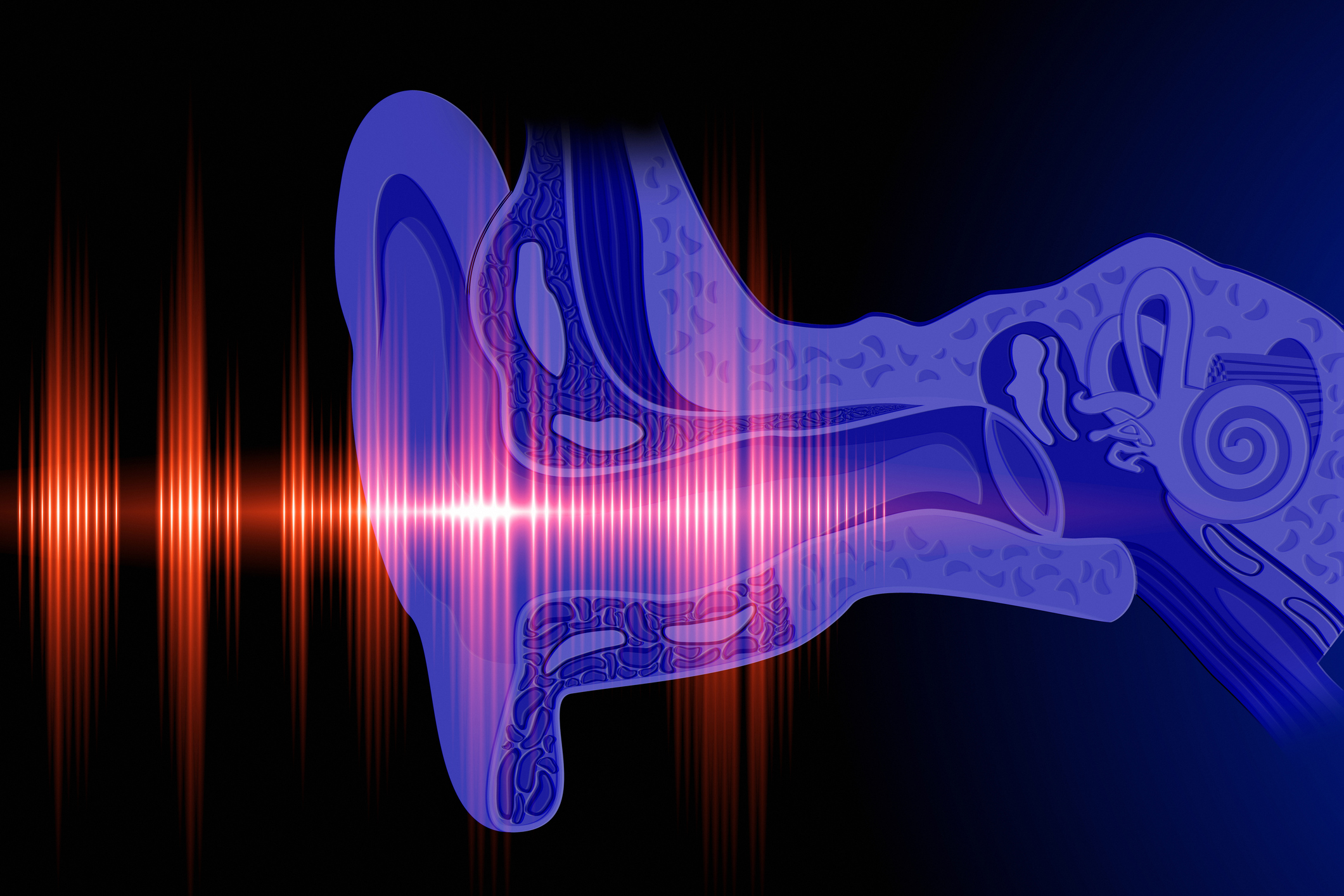Category: Scientific Advances
-

Novel Mechanism Regulates Essential Enzyme Production in Kidneys
Scientists have discovered previously unknown cellular mechanisms that regulate the production of renin, an essential enzyme in the kidney, findings that could improve the understanding of how the kidney regulates its function and how chronic kidney disease develops, according to a recent study published in Cell.
-

Understanding the Link Between Nucleotide Metabolism and Chromatin Assembly
A Northwestern Medicine study has revealed a connection between two fundamental cellular processes, offering fresh insight into how human cells build and maintain chromatin, according to findings published in Molecular Cell.
-

Scientists Map the Human Genome in 4D
In a landmark effort to understand how the physical structure of our DNA influences human biology, Northwestern investigators and the 4D Nucleome Project have unveiled the most detailed maps to date of the genome’s three‑dimensional organization across time and space, according to a new study published in Nature.
-

2025 in Scientific Imagery
From elucidating cellular mechanisms underlying tissue regeneration to developing novel biomaterials to improve organ function, Feinberg investigators have provided stunning new snapshots of biological processes invisible to the naked eye.
-

Exploring the Connection Between Gene Expression and Aging
Northwestern Medicine scientists have discovered how molecular “traffic controllers” in cells influence aging and cellular senescence — a state where cells stop dividing but remain metabolically active.
-

Study Identifies Misleading Genomic Sequences of Bacteria Causing Gonorrhea
Northwestern Medicine investigators have identified issues with most genomic sequence data for the Neisseria gonorrhoeae bacterium, findings that could complicate future epidemiological and pathogenesis studies, according to a recent study published in the Journal of Infectious Diseases.
-

Elucidating Brain Communication Networks
The human brain is often described as the most complex network in existence, with billions of neurons exchanging signals across intricate pathways. Recent research led by Feinberg investigators is revealing how different regions of the brain coordinate and process information, and how disruptions in these networks can impact health.
-

Wireless Device ‘Speaks’ to the Brain With Light
Northwestern scientists have developed a wireless device that uses light to send information directly to the brain — bypassing the body’s natural sensory pathways, as detailed in a new study published in Nature Neuroscience.
-

Exploring the Link Between RNA Modification and Prostate Cancer Growth
A Northwestern Medicine study published in the Journal of Clinical Investigation has uncovered a connection between a well-known cancer-related protein and a major RNA modification process, which may inform new treatment strategies against prostate cancer.
-

Understanding How Hearing Organs Develop
Northwestern Medicine scientists have uncovered how a specific type of cell in the inner ear plays a commanding role in shaping the cellular landscape of the organ responsible for hearing, according to a study published in Science Advances.





